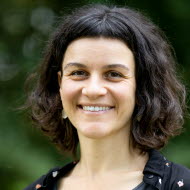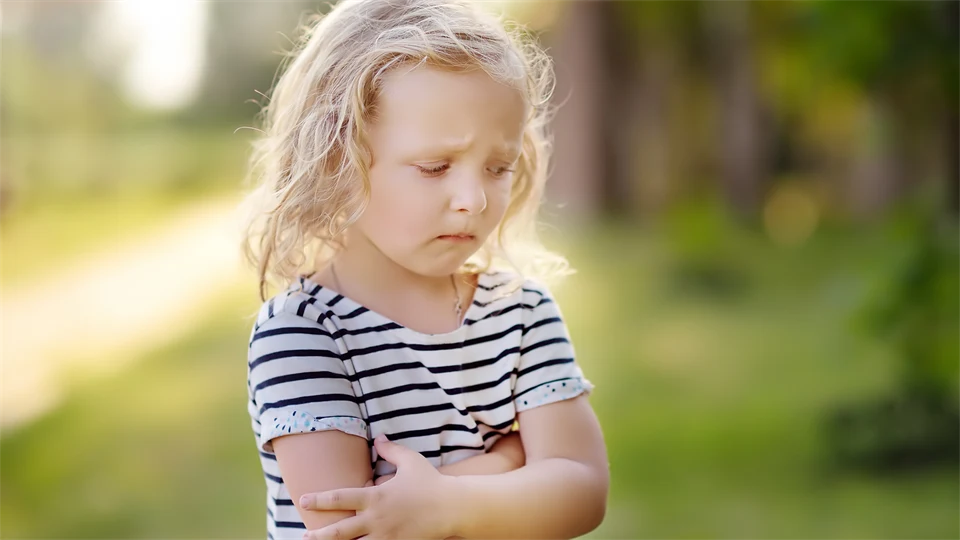Body oriented psychological treatments for individuals with adverse childhood experiences and trauma related symptoms
This project assesses whether a body oriented intervention can help to improve social well-being in individuals affected by child maltreatment who currently suffer from symptoms of posttraumatic stress disorder (PTSD) or complex PTSD.
Childhood maltreatment (abuse and neglect of children) is a global, highly prevalent problem. It has severe long-term consequences for mental health and social well-being. Current treatments focus on diminishing symptoms of mental disorders, neglecting the importance of social well-being. This project therefore assesses whether somatic experiencing, a body-oriented intervention for treating trauma-related problems, will not only reduce symptoms of mental disorders but also increase social well-being, immediately after treatment and 20 weeks later.
We will conduct a pilot study in 25 adults with a history of childhood maltreatment and current symptoms of posttraumatic stress disorder (PTSD) or complex PTSD (receiving 15 sessions of somatic experiencing) and compare them to a control group of 25 participants (who, after a waiting period, receive a cognitive behavior therapy (CBT)-oriented intervention for trauma related symptoms). Next to assessing symptoms of mental disorders and of social well-being, physiological (EKG) measures of emotion regulation will be used to explore improvements in stress-regulation as potential mechanism of successful treatment.
Given substantial individual, societal and economic costs of childhood maltreatment, it is relevant not only for an individual's personal well-being, but also from public health and economic perspective to explore the effects of novel treatments. The present study aims to contribute to a knowledge gain in this area.
Facts
Project period
240301—261231
Partners
Departments
Subjects
Project leader

Project members




